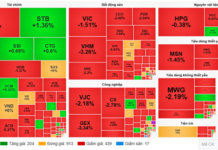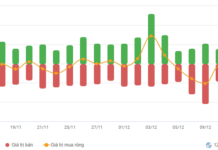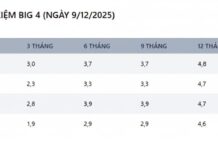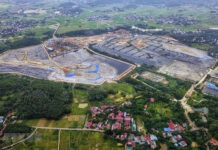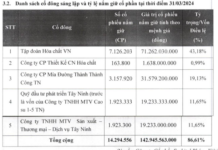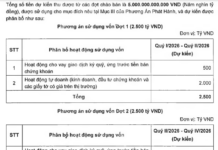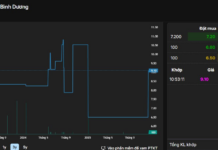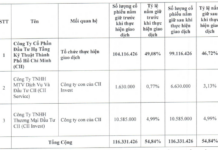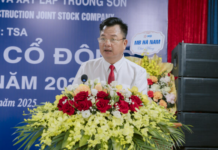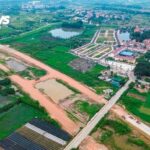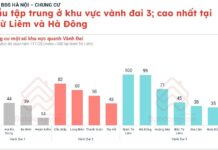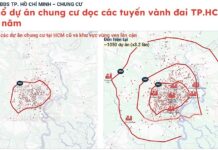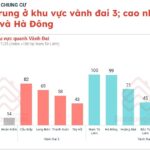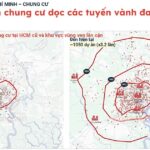Ho Chi Minh City’s Department of Natural Resources and Environment has submitted an urgent report to the Ministry of Natural Resources and Environment regarding the adjustment of land prices as stipulated in Clause 1, Article 257 of the 2024 Land Law.
According to the report, the People’s Committee of Ho Chi Minh City assigned the Department of Natural Resources and Environment to construct a decision on adjusting land prices per Decision No. 02/2020/QD-UBND dated January 16, 2020. On July 30, the department submitted a proposal along with a draft decision on adjusting land prices to the Ho Chi Minh City Land Price Appraisal Council for evaluation.
The department highlighted the significance of the 2024 Land Law, which came into effect on August 1, and its impact on administrative procedures and social well-being. Clause 1, Article 257 of the law states that land prices issued by the provincial People’s Committees based on the 2013 Land Law will remain valid until December 31, 2025, with adjustments permitted to align with local land price realities.
The department presented four options for consideration: maintaining the previous rates, applying state-mandated rates with a utilization coefficient, retaining previous rates while updating resettlement land prices, or developing a new land price framework that balances the interests of all stakeholders.
Mr. Nguyen Toan Thang, Director of the Department of Natural Resources and Environment, emphasized that the adjusted land prices would reflect actual market values. He assured that the financial obligations related to land would be coordinated and reported to the Ho Chi Minh City People’s Committee, who would then propose adjustments to the government regarding collection rates and proportions.
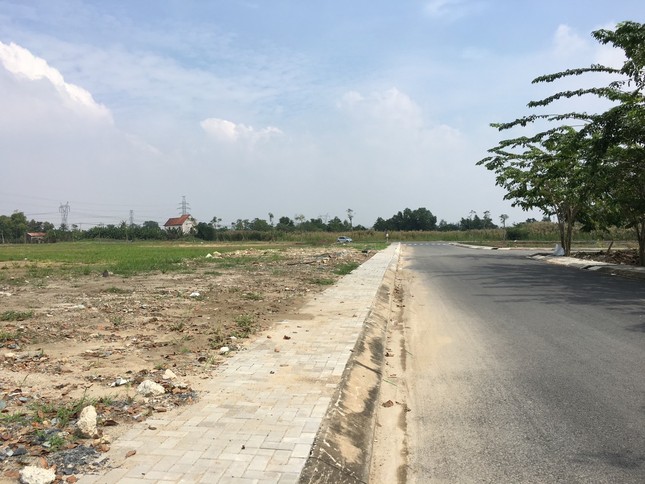
In cases of converting agricultural land to residential use, citizens must pay the difference in land use fees.
The proposed adjustment aims to compensate approximately 80,000 households fairly for their land acquisition for various projects. Additionally, the director affirmed that the adjusted land prices would not influence the specific land valuation for calculating land use fees or land rent for real estate and commercial housing projects, as these are determined using the surplus method. The adjustment of agricultural land prices aligns with market realities, resulting in more accurate deductions for investors compared to previous practices.
When converting agricultural land to residential use, citizens are required to pay the difference between the land prices of the two types of land usage.
According to the anticipated land price adjustment, agricultural land prices are expected to increase by an average of 11 to 14 times, while residential land prices will increase by 4 to 5 times. As a result, the gap between the two land use purposes will gradually decrease.
Should You Invest in the Now ‘Unlocked’ Agricultural Land?
“In anticipation of the 2024 Land Law coming into force, a wave of savvy individual and group investors have been proactively acquiring agricultural land in Hanoi. With a keen eye for opportunity, these investors are poised to capitalize on the impending changes, making strategic moves ahead of the curve.”
The Surprising Lending Speed of Ho Chi Minh City Banks
“Hanoi’s bank credit growth has yet to reach its expected breakthrough as businesses continue to face challenges. Despite this, there remains an air of cautious optimism within the city’s financial sector. With a resilient economy and a dynamic business landscape, the potential for a surge in credit growth is ever-present, and banks are poised to play a pivotal role in facilitating this anticipated upswing.”


